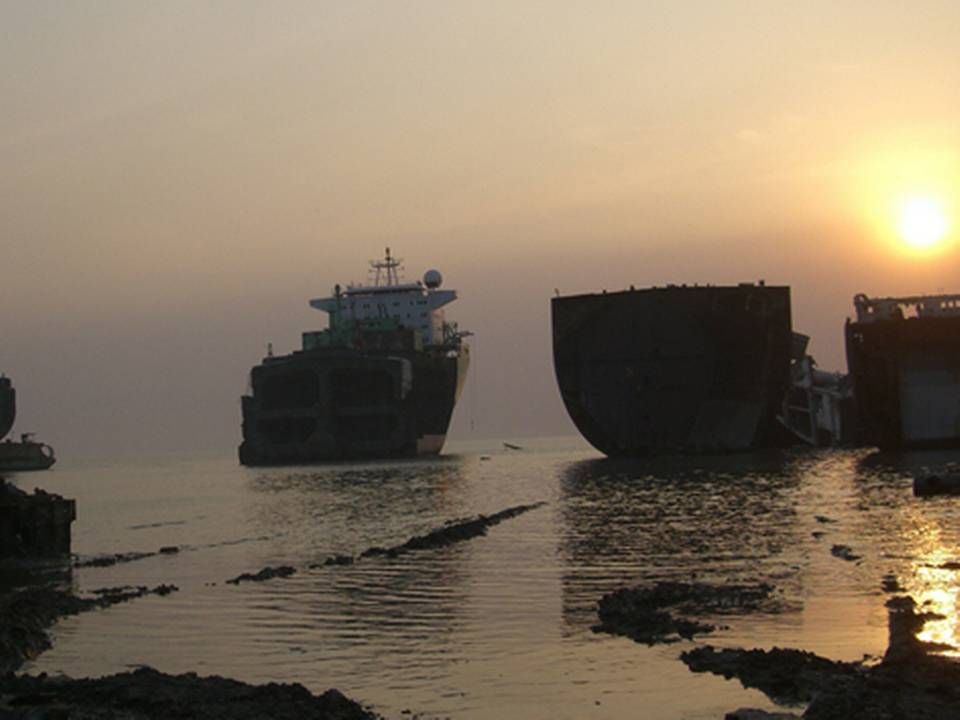EU to change debilitating tax rules for shipping

It's far too difficult to transport goods between countries within the EU. It's expensive and it takes too long, say shippers and exporters. As a result, the European Commission now presents a new initiative called Blue Belt, which will ease the administrative burdens related to short sea shipping in Europe.
This will help the business achieve its full potential on the inner markets of the EU while also lowering the risk of an increased amount of goods being transported by roads, says Siim Kallas, vice president of the European Commission and Commissioner of Transportation, in a statement.
"Europe is faced with major challenges in terms of rising congestion and pollution. We need short sea shipping to fulfil its potential and provide a low cost, environmentally-friendly transport solution, taking more goods off lorries and off our congested roads. We are proposing innovative tools to cut red tape and help make the shipping sector a more attractive alternative for customers looking to move goods around the EU."
EU: Shipping will help drive growth
The initiative contains two key proposals. The first one proposes to soften the tax rules for shipping on the EU's inner market. The second one proposes to change the tax rules for EU-flagged ships calling in ports outside of the EU.
Two proposals will help
Today, ships that regularly use EU routes and primarily transport European goods are subject to more flexible tax rules. This is due to the rules of the EU's Regular Shipping Services rule set. In the first proposal, the Commission wants to upgrade these rules in order to shorten the customs procedures and make them more flexible. For instance, member states will have to reply within 15 days if an operator applies to establish a service that includes the countries' ports. This response time is currently 45 days. Additionally, companies will be able to apply for authorization from member states in advance if they want to establish a business in said country. In that way, they'll be able to save time if an opportunity arises.
The second proposal deals with a so-called e-manifesto. Almost 90 percent of the ships sail with both European and non-European goods, often calling in ports both in and outside of the EU, for instance Norway, Russia, and North Africa. In this regard, an electronic index, the so-called e-mainfesto, will improve customs procedures by making it easier to distinguish between various goods. Today, when a ship sails from Antwerp to Rotterdam it's categorized as having left the EU's customs jurisdiction because the ship is more than 12 miles off the coast. As a result, all its goods are considered non-European and will have to undergo all the necessary customs procedures. The EU Commission will try to change this with the new proposal, to be presented by the end of this year.
The Commission expects that Blue Belt will become effective by 2015, and it will greatly benefit shipping, says Commissioner Algirdas Semeta, responsible for taxation and customs:
"The Blue Belt will bring the single market to the seas. The proposed measures will greatly benefit shipping as they will reduce costs, simplify administration, facilitate trade and create a level playing field between all types of transport. At the same time this will simplify customs' work so they can better target security risks and focus on protecting our citizens and businesses," he says according to the statement.
According to the European shipowners' association (ECSA), a more simple administrative process could result in savings of as much as 25 euros per container.
New EU port initiative sidesteps sore spot
EU: Time to put an end to pollution from shipping
European shipowners will now have to scrap ships responsibly





















